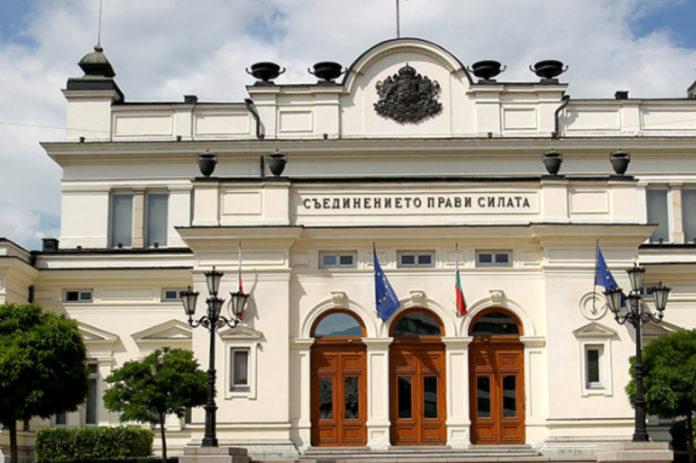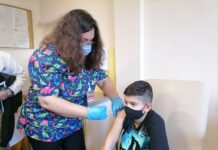
The Committee on Legal Affairs at the National Assembly of Bulgaria approved the amendments to the Health Act by the Government. Thus, in practice, it gave the green light part of the measures to continue after the emergency had been lifted. The amendments were supported by 14 MPs, 7 abstained.
The texts make changes to section 63 of the Health Act, stipulating that the Minister of Health, at the proposal of the Chief State Health Inspector, according to the degree of danger of spreading a contagious disease with an order to declare an emergency epidemic situation. It will also be able to introduce temporary anti-epidemic measures on the territory of the country or in a separate region to protect the life and health of citizens.
Article 61 is also amended to provide for compulsory isolation and hospital treatment for persons sick and infected with: cholera, plague, smallpox, yellow fever, viral haemorrhagic fever, diphtheria, typhoid fever, poliomyelitis, brucellosis, anthrax, malaria, severe acute respiratory syndrome and tuberculosis with bacillus.
In an emergency epidemic situation or when there is a threat to the health of citizens from diseases beyond the ones specified in para. 1, the Minister of Health may order obligatory isolation of patients and of infectious carriers and quarantine of contact persons and of persons who have entered the territory of the country from other countries.
Mandatory isolation and treatment are carried out by order of the head of the respective medical institution at the suggestion of the attending physician or the physician who referred the patient for hospitalization. The order is subject to immediate execution. Mandatory isolation and treatment may be carried out at home following an assessment of the existing epidemic risk by the treating physician or after consultation with an epidemiologist or infectious disease specialist.
It is also stated that by the end of the second academic term of the 2019/2020 academic year, the training of students enrolled in day, evening, part-time, individual and combined form of training and in a dual training system, as well as support for personal development, carry out as far and as far as possible from a distance in an electronic environment through the use of information and communication technologies. The training includes distance learning hours, self-preparation, ongoing feedback on learning outcomes and assessment.
It is also explicitly written that in the school year 2019/2020 there will be no national external assessment for students in 4th and 10th grade.
In addition, unpaid leave up to 60 days in 2020 will count towards length of service.
With amendments to certain normative acts, such as the Law on Measures and Actions during the State of Emergency, announced by a decision of the National Assembly of 13 March 2020, the Law on Foreigners in the Republic of Bulgaria, the Labor Code, the Social Security Code and the Law on civil servants, etc., specify the time limits for the socio-economic, financial and health measures envisaged in them to overcome the effects of the spread and infection of the COVID-19 virus, extending part of the time limits and extending the scope of t measure.
















